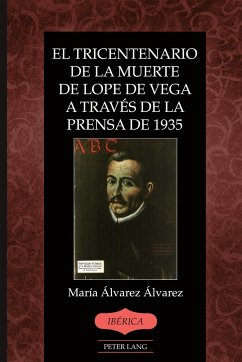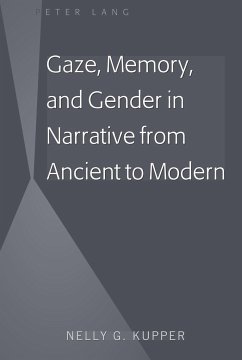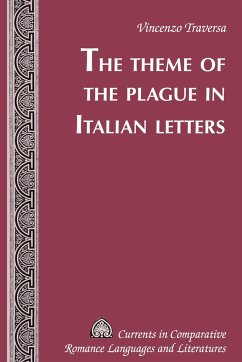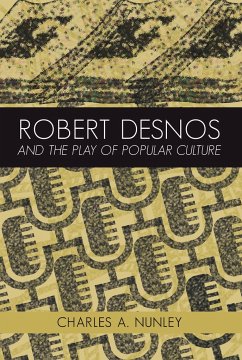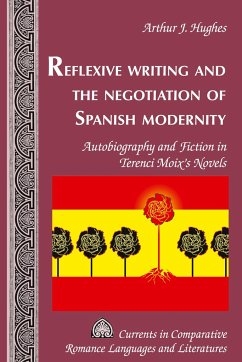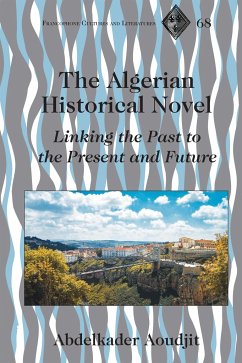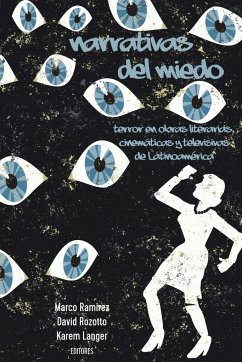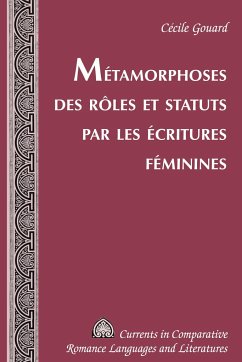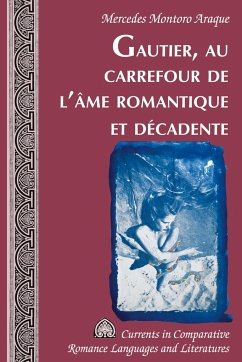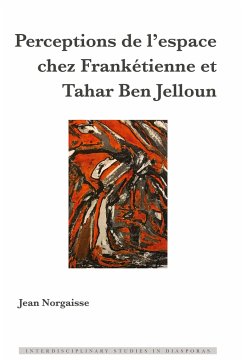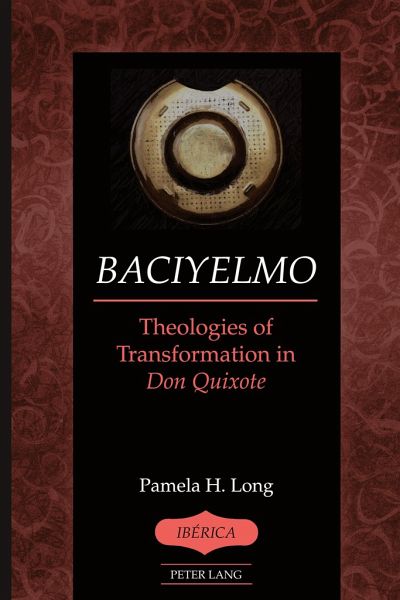
Baciyelmo
Theologies of Transformation in Don Quixote
Herausgegeben: Lauer, A. Robert
Versandkostenfrei!
Versandfertig in 6-10 Tagen
97,05 €
inkl. MwSt.
Weitere Ausgaben:

PAYBACK Punkte
0 °P sammeln!
This text examines the character of Don Quixote, the book describing his fictional exploits, and their implications in the theological realm as well as in the fictive, using Gónzalez and Maldonado's definition of theology as "la explicación de la realidad cósmica" ["the explanation of cosmic reality"], including the identity and nature of God. The first chapter examines the implications of the basin-helmet in El ingenioso hidalgo Don Quixote de La Mancha, in context with the historical and theological developments of the end of the sixteenth century. The second chapter looks first at the re...
This text examines the character of Don Quixote, the book describing his fictional exploits, and their implications in the theological realm as well as in the fictive, using Gónzalez and Maldonado's definition of theology as "la explicación de la realidad cósmica" ["the explanation of cosmic reality"], including the identity and nature of God. The first chapter examines the implications of the basin-helmet in El ingenioso hidalgo Don Quixote de La Mancha, in context with the historical and theological developments of the end of the sixteenth century. The second chapter looks first at the religious climate of the sixteenth and early seventeenth centuries in Spain and the rest of Europe to tease-out the theological and ecclesiastical preoccupations that undergird much of the content in Don Quixote. The third chapter examines a few details from the life of Miguel de Cervantes in order to place him within the historical and literary context examined in the second chapter, and thefourth chapter examines chivalry as a mode of religious life. The fifth chapter then approaches various other characters, events, and discussions in the novel that carry religious content, and the sixth considers transformation, transubstantiation, and translation, using the topos of the baciyelmo as a metaphor for Cervantes.





